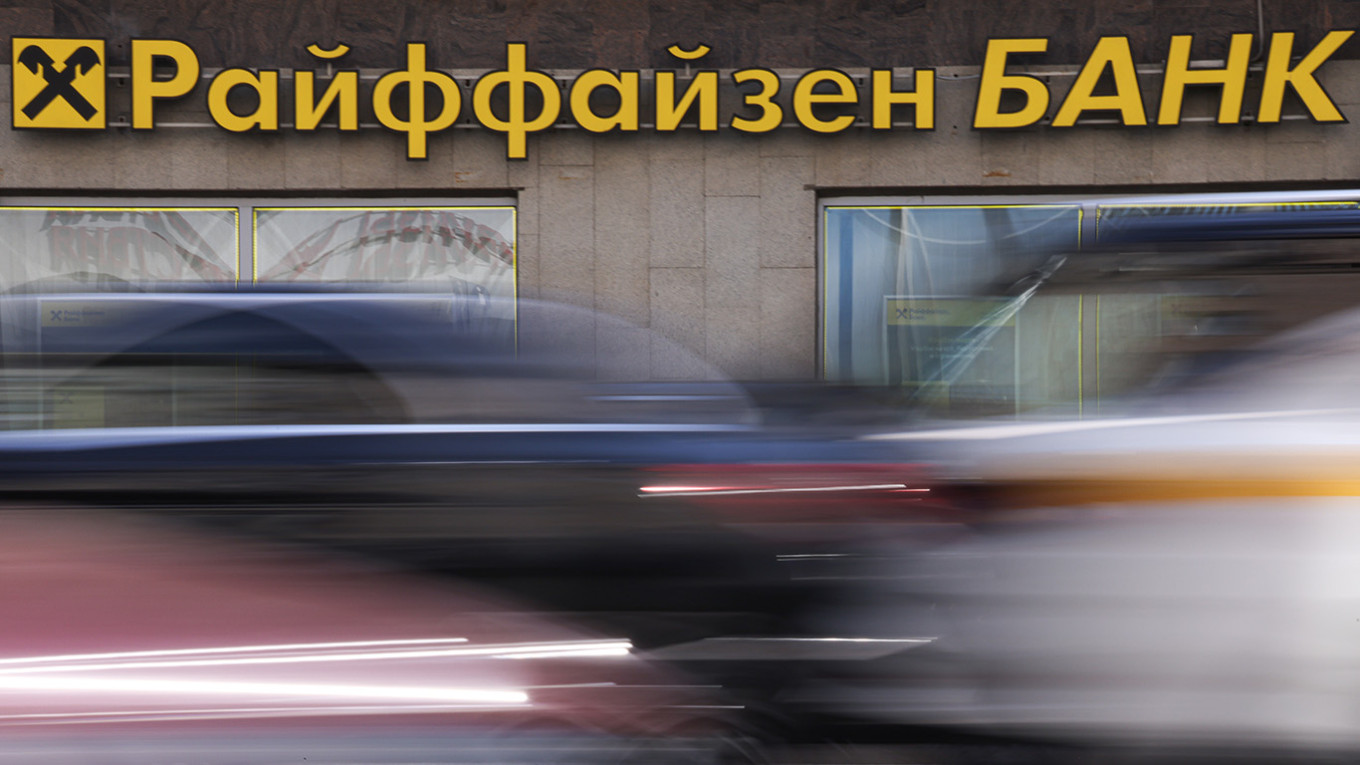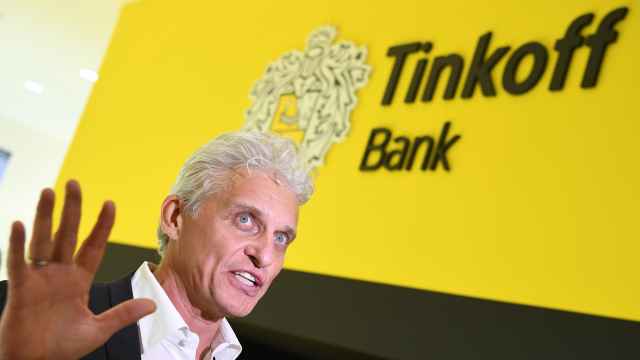Austria’s Raiffeisen Bank said Tuesday that it will continue to scale back its Russian business as it navigates a “very difficult” exit from the country, where it generated half of its post-tax profit in 2024 so far.
In its semi-annual earnings report, Raiffeisen Bank International said its Russian division posted 705 million euros ($763.6 million) of the global unit’s consolidated profit of 1.32 billion euros ($1.4 billion) in January-June.
RBI Group announced plans last year to sell or “spin off” its Russian subsidiary amid pressure from the European Central Bank and the U.S. Treasury Department. However, it has faced difficulties finding local buyers.
In its latest report, RBI said it reduced its loan business in Russia by 60%, “considerably” reduced its clearing, settlement and payment services business, and is “taking steps” to further reduce customer deposits.
“RBI will drastically reduce Raiffeisenbank Russia’s business even further in conformity with ECB requirements. Initial consequences for customers, such as restrictions in payments, have already taken effect. Additional steps will follow,” the bank said.
In addition, the banking group said it faces hurdles such as “numerous approvals from various Russian and European authorities, and from the respective central banks” for its sale or spinoff plans.
“The process is therefore not entirely in RBI’s own hands. It is therefore very difficult to make a realistic forecast on when RBI will complete the deconsolidation of its Russian bank,” RBI Group said.
Campaigners have previously accused Raiffeisen of only paying lip service to its intention to quit the Russian market as it has seen its profits soar since Moscow’s full-scale invasion of Ukraine.
Raiffeisen was the largest foreign bank operating in Russia and had spent years building up its Russian operations before the invasion. It specialized in servicing European companies, their foreign workers and other high-end international clients, but had started aggressively building up its portfolio of Russian domestic business clients in the years before the war.
A Message from The Moscow Times:
Dear readers,
We are facing unprecedented challenges. Russia's Prosecutor General's Office has designated The Moscow Times as an "undesirable" organization, criminalizing our work and putting our staff at risk of prosecution. This follows our earlier unjust labeling as a "foreign agent."
These actions are direct attempts to silence independent journalism in Russia. The authorities claim our work "discredits the decisions of the Russian leadership." We see things differently: we strive to provide accurate, unbiased reporting on Russia.
We, the journalists of The Moscow Times, refuse to be silenced. But to continue our work, we need your help.
Your support, no matter how small, makes a world of difference. If you can, please support us monthly starting from just $2. It's quick to set up, and every contribution makes a significant impact.
By supporting The Moscow Times, you're defending open, independent journalism in the face of repression. Thank you for standing with us.
Remind me later.






